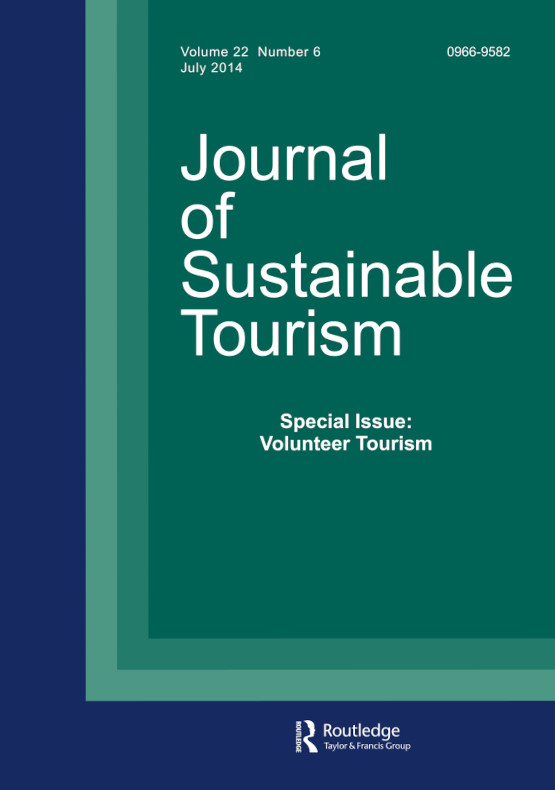框架共振在抵制旅游化中的作用:阿姆斯特丹如何在其内城禁止旅游商店
IF 7.8
2区 管理学
Q2 GREEN & SUSTAINABLE SCIENCE & TECHNOLOGY
引用次数: 0
摘要
最近关于城市政策对日益增长的旅游业的反应的研究已经超越了旅游业的实际影响,还包括社会运动对旅游业的影响。本文对这一研究方向做出了贡献,重点关注框架共鸣:框架在多大程度上引起了公众尤其是政策制定者的共鸣。我们通过文化共鸣引入一种特定的框架放大形式;对既存的社会信仰的呼吁。通过对政策文件、印刷品、网络和社交媒体的分析,我们证明了阿姆斯特丹旅游商店周围的框架吸引了先前存在的信念,这些信念将内城描绘成:一个功能的微妙组合,一个犯罪活动的基础设施,一个反映城市质量的名片。这些信念放大了框架共鸣,以至于他们说服了最初不情愿的地方政府在市中心禁止旅游商店,这一政策破坏了地方政府旨在促进的城市空间的可达性和包容性(可持续发展目标11)。这表明,在当地环境中,促成或阻止框架的文化共鸣的偶然性对于理解对旅游的政策反应至关重要。本文章由计算机程序翻译,如有差异,请以英文原文为准。
The role of frame resonance in resistance to touristification: how Amsterdam came to ban tourist shops from its inner city
Recent studies on urban policy responses to increasing tourism have moved beyond the physical impact of tourism to also include the way tourism is framed by social movements. This paper contributes to this line of research with a focus on frame resonance: the extent to which frames strike a responsive chord with the public in general and policymakers in particular. We introduce a specific form of frame amplification through cultural resonance; the appeal to pre-existing societal beliefs. Using an analysis of policy documents, print, online and social media, we demonstrate that frames around tourist shops in Amsterdam appealed to pre-existing beliefs that portray the inner city as: a delicate mix of functions, an infrastructure for criminal activities, and a business card reflecting the city’s quality of place. These beliefs amplified frame resonance to such an extent that they convinced an initially reluctant local government to ban tourist shops from the inner city, a policy that undermines the accessibility and inclusivity of urban spaces that the local government aims to promote (SDG 11). This suggests that the contingencies in the local context that enable or foreclose the cultural resonance of frames are essential in understanding policy responses to touristification.
求助全文
通过发布文献求助,成功后即可免费获取论文全文。
去求助
来源期刊

Journal of Sustainable Tourism
Multiple-
CiteScore
23.10
自引率
8.90%
发文量
91
期刊介绍:
The Journal of Sustainable Tourism advances critical understanding of the relationships between tourism and sustainable development. The journal publishes theoretical, conceptual and empirical research that explores one or more of the economic, social, cultural, political, organisational or environmental aspects of the subject.
The Journal of Sustainable Tourism encourages critical views, as well as new ideas and approaches in relation to the theory and practice linking tourism and sustainability.
 求助内容:
求助内容: 应助结果提醒方式:
应助结果提醒方式:


